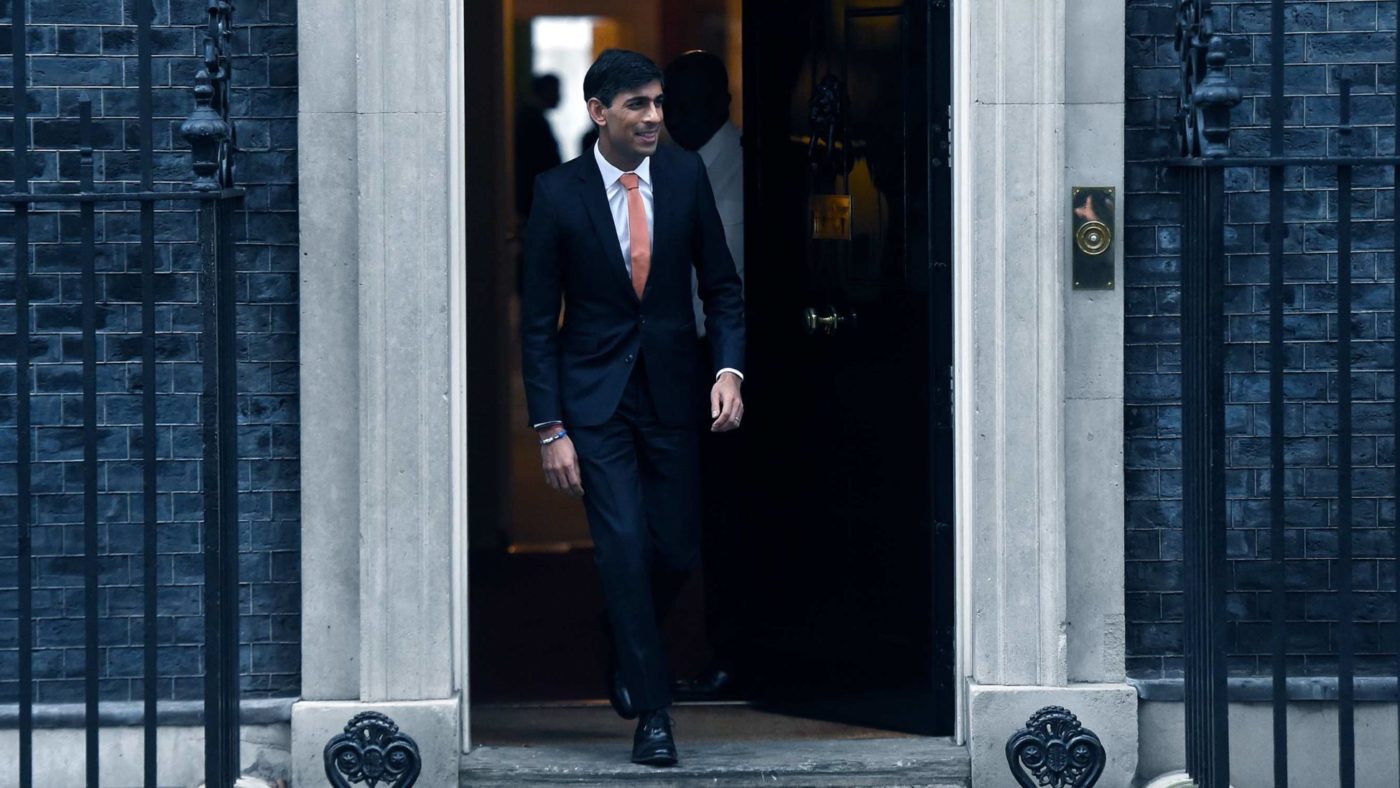One can argue over whether he was sacked or whether he resigned. But Sajid Javid is no longer the Chancellor of the Exchequer. He did not have the chance to deliver a single Budget, and the honour of presenting the next one will now go to Rishi Sunak.
So far as we can gather this is not about a great change of direction in policy. It is about the machinery of Government. Boris Johnson wants it to be one big happy team – and anyone who doesn’t like it will be crushed. The message from today is clear: ministers will not be allowed to use their own teams to push against the Government as a whole.
The issue was not about any personal animosity between Javid and Johnson. As has been widely reported, the rift was among their teams – the special advisors. That then became an issue of authority.
It’s not the first time a Chancellor has got the boot, of course. Some will look back on John Major’s sacking of Norman Lamont and suggest this means a crisis which greatly weakens Boris Johnson. Others might recall Nigel Lawson’s resignation over Margaret Thatcher employing Alan Walters in Downing Street to advise on economic policy.
Contrast those departures with the debilitating stability in Number 11 under Labour. Tony Blair never quite managed to sack Gordon Brown as Chancellor. That allowed a conflict that became almost the dominating theme of the Government during those years. Then when Brown became the PM he tried to sack his Chancellor, Alistair Darling. Thus the debilitating saga continued.
There is a 1956 film called Friendly Persuasion about a Quaker family. Gary Cooper’s character tells his wife: “When thee asks or suggests, I am putty in thy hands, but when thee forbids, thee is barking up the wrong tree.” That broadly sums up the Prime Minister’s approach to his colleagues.
He will be keen to allow them to have their say, to let them pursue their ideas where compatible with his overall agenda. There will be flexibility and open-mindedness. Forgiveness for genuine human error – witness the survival of Jacob Rees-Mogg’s despite his comments about Grenfell Tower which were (perhaps unfairly) presented as betraying a lack of compassion to the victims of that tragedy.
Another message from today is that trying to bounce the Prime Minister by briefing against Downing Street does not end well. Take Andrea Leadsom, who “warned” Boris, via the Daily Telegraph, against a male-dominated Cabinet – her reward has been a demotion to the back benches. Ditto Julian Smith, who has been ousted from the Northern Ireland Office after briefing against the Government’s Brexit policy before the election.
Sunak’s arrival as Chancellor may have surprised many onlookers, but he could prove to be a canny appointment. He performed creditably during the election campaign, has strong beliefs – coming out for Leave as a new MP was certainly a difficult decision – and though not especially ideological has a firm belief in the free market.
He’s also shown sensitivity to the impact of tax policies on certain ethnic groups, pointing out the way that small changes can have a disproportionate effect on communities who may be employed predominantly in particular sectors (such as Pakistanis working as taxi drivers, or Bangladeshis in the restaurant industry).
On a broader level this suggests an astute understanding of the political implications of tax rises that Treasury mandarins might miss.
One thing a few people have seized on is that Sunak is very well-off and is married to the daughter of an Indian billionaire. No doubt Labour will attack him for it, but Sunak appears remarkably unfazed by this kind of criticism – not smug, but certainly not apologetic or embarrassed about it.
Elsewhere Oliver Dowden has been promoted to Culture Secretary and Anne-Marie Trevelyan to International Development Secretary and Suella Braverman becomes Attorney General. All three are firm Johnson loyalists who are also regarded as up to the job – two key attributes for getting on in this (or any) administration.
In Braverman’s inbox will be tackling the politicisation of the judiciary. Writing on ConservativeHome last month she said: “In reality, repatriated powers from the EU will mean precious little if our courts continue to act as political decision-maker, pronouncing on what the law ought to be and supplanting Parliament. To empower our people we need to stop this disenfranchisement of Parliament.”
And amidst all this turbulence there are a number of ministers staying in post who will now be able to settle down and get on with it.
What will be the lasting significance of today’s events? Sunak may try to nudge policy a bit more towards lower tax and freer markets – though we can expect him to be very much a team player. So far as the Government more generally is concerned there will be some difficult headlines. Some will doubtless note that the “honeymoon is over”. The fascination with Dominic Cummings as a frighteningly powerful Rasputin figure will only increase – however much it ignores the Prime Minister’s own decision-making.
In political terms, reshuffles are always pored over by insiders but largely ignored by the outside world. The next General Election is over four years away and the vast majority of voters will remember nothing of this week’s drama.
More significant is whether a cohesive Government emerges, with collective responsibility established. I suspect that is what we will see. If Ministers disagree they can resign. What will no longer be tolerated is the May era arrangement of them being able to oppose from within – while keeping their titles, salaries and chauffeurs. Our Prime Minister is not such a bumbling softie after all.


